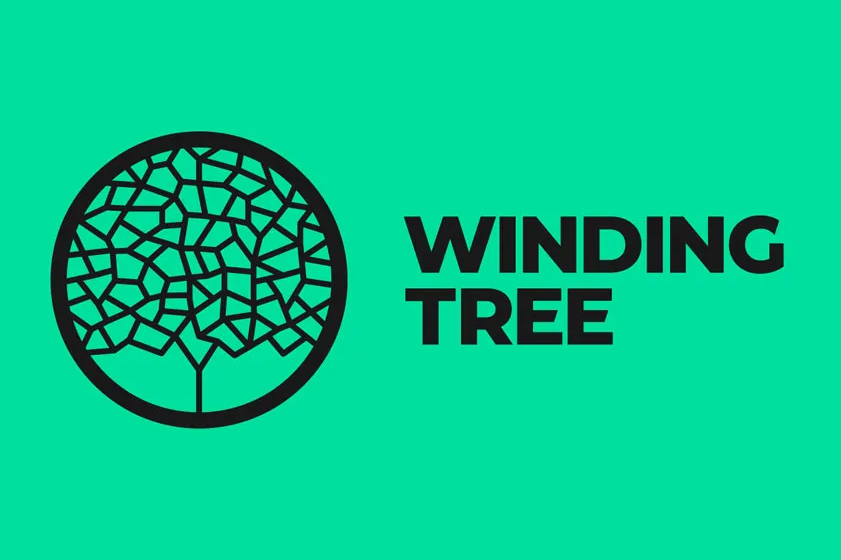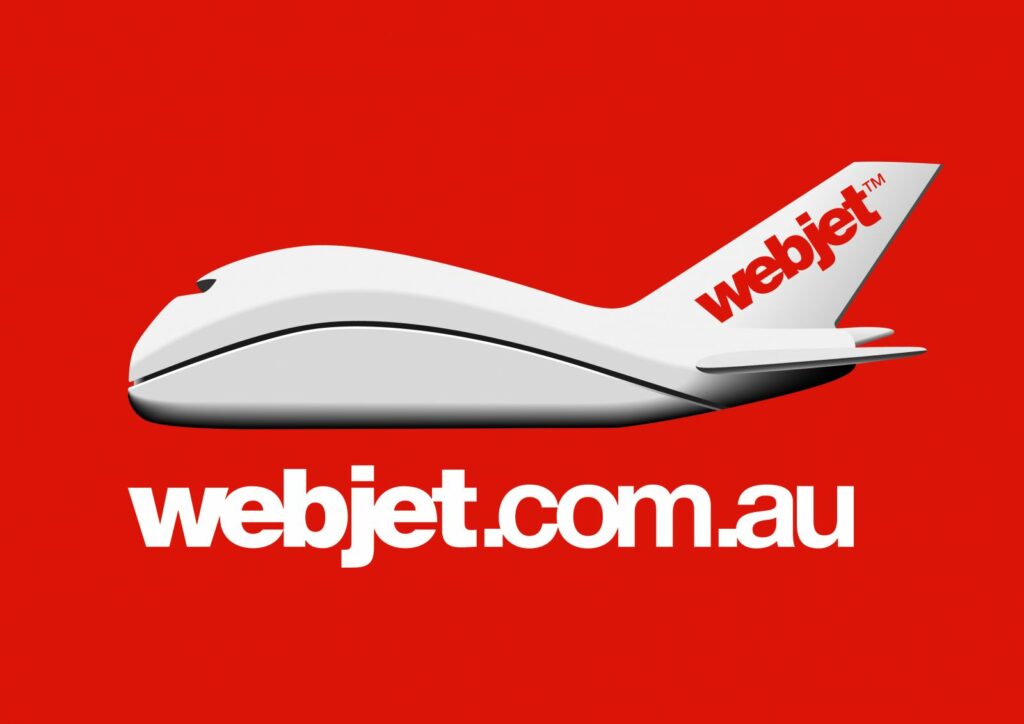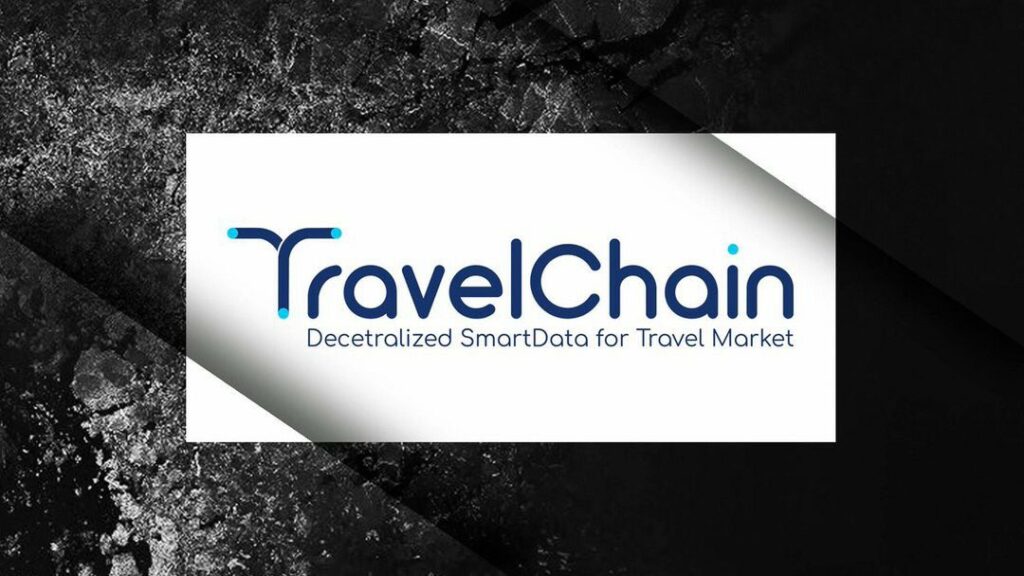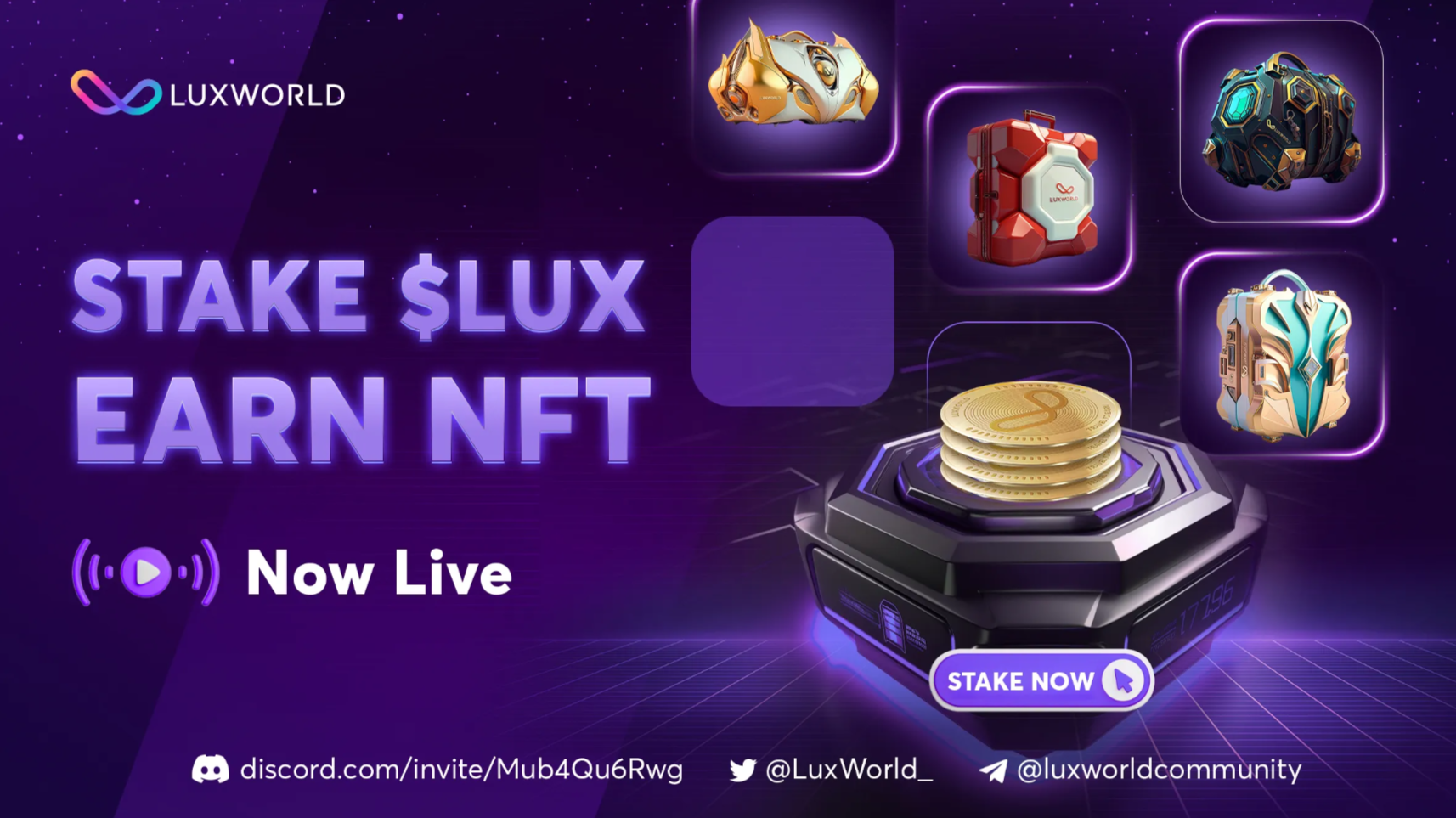Blockchain is emerging as a powerful technological force that promises to change the travel industry’s status quo. In fact, it’s already being heralded as a game-changer for many different industries. Remember that blockchain is a type of database that is commonly used in the cryptocurrency market wherein data is stored in blocks and then chained together.
Services that are based on blockchain are already isolating major pain points in a very fragmented industry—travel and tourism. It should come as no surprise that this sector is broken up into different parts. Think flights, hotels, car rentals, among other factors. So how can blockchain help? These services are able to ease hurdles in the industry by resolving common challenges and streamlining processes while building a more equitable ecosystem that shuns gatekeepers.
The technology’s impact is more than hypothetical, though, with several businesses disrupting several nodes on the industry’s supply chain. The following five companies are improving key aspects of the travel ecosystem and establishing blockchain’s place in the industry.
1. Winding Tree: Displacing Online Booking Hubs

Major travel service aggregators like Expedia and Priceline dominate airfare bookings. But this comes at a serious cost to both travelers and airlines. Booking through these websites often includes hefty fees and surcharges made possible by their largely unchallenged status as gatekeepers. Blockchain-based startup Winding Tree works to unseat these entrenched giants by challenging their role as industry middlemen.
Winding Tree is a private company based in Switzerland. Founded in 2017, it reaches numerous parts of the travel and tourism industry, including hotels and airfare. The company uses “blockchain technology to enable a fair and competitive travel distribution market.”
The company seeks to connect travelers directly with service providers like airlines, hotels, and tour guides with its LÍF token. The aim is to minimize fees for travelers while reducing costs for service providers.3 LÍF is Winding Tree’s platform cryptocurrency.
The company’s clever use of smart contracts and the ERC827 protocol delivers better savings for every stakeholder in the travel and tourism industry. Winding Tree’s nonprofit status assures there are no middlemen adding unnecessary fees to the booking process.
2. Webjet: Adding Assurances and Avoiding Inaccuracies

Inaccurate or lost hotel bookings add considerable stress and anxiety to a travel experience. When this happens, customers usually have to take on fees across several layers of the supply chain while providers consistently extract value.
Thanks to blockchain’s immutable distributed ledger technology, Webjet has built a new model designed to avoid these irritating booking experiences. The company is a prominent online travel agency based in Australia and was founded in 1998. Webjet claims that it is Australia and New Zealand’s leading online agency and is a leader in online tools and technology.
Webjet officially launched its blockchain platform in 2019. The system enhances the customer experience by recording all entries on the blockchain’s immutable ledger, which reduces the likelihood of mistaken or lost bookings and reduces the layers between sellers and consumers. It does this by locating real-time data problems that may occur between customers, agents, and hotels and sending messages to every party.
The technology’s improved security features provide better protection for the ecosystem. Apart from building greater supply chain efficiencies and reducing costs for hotels, travelers ultimately benefit from lower-cost bookings along with more transparency and greater accountability.
3. Sandblock: Improving Loyalty’s Fungibility

Loyalty rewards have gone through several iterations in the competitive travel and tourism industry. Many frequent travelers belong to airline and hotel loyalty programs. Spending points and miles often means jumping through multiple hoops to redeem rewards.Despite high participation rates in loyalty programs, many customers report a willingness to accept better deals from competing carriers and service providers if the price is right.
Sandblock is one of the newest entrants to this part of the industry. Founded in 2017, Sandblock is based in France. It aims to change the loyalty landscape with its blockchain-based platform by allowing travel providers to create their own loyalty tokens, which can be exchanged for brand-specific rewards. Not only that but they can also be used like real coins and exchanged for fiat money.
Users can also apply their tokens to redeem rewards across a variety of services beyond the company that awarded them and can earn more by being active participants in the community. For businesses, the reward is better data and transparency, and an ecosystem that actually returns value thanks to improved targeting and happier consumers.
4. Accenture: Striving Towards Shorter Lines

Spending hours waiting in lines at airports is one of the major annoyances of traveling the globe not just for travelers but also for airlines and airport staff. Congestion can add to the time spent in lines for security, customs, and passport control. Security needs are also trumpeted as the reason for tighter controls and oversight, all of which contribute to frequent travelers’ headaches.
To overcome these challenges and expedite the security process, Accenture (ACN) developed the Known Traveler Digital Identity System. The consulting firm partnered with the World Economic Forum (WEF) to help disrupt the global travel industry.
This blockchain is designed to collect and host identifying information from frequent international travelers, enabling a freer flow of data between travelers and customs agents to ease the clearance process.
This allows travelers to gain control over their digital identities with better security thanks to distributed ledger technology. Airports and airlines benefit from accelerated processing and better security, helping shorten lines all while alleviating one of the biggest traveler pain points.
5. TravelChain: Making the Most of Data

Data is a prized commodity in today’s economy. It offers businesses insights and advantages when used appropriately. Data generated by travelers, which is highly valuable to service providers, is generally restricted to gatekeepers such as Expedia and Orbitz. These companies offer a faster booking process at a price. This raises costs and adds to the informational asymmetry for service providers.
TravelChain is a new entrant that wants to upend the paradigm with an open-source blockchain. The Russian company seeks to remove intermediaries on the supply chain. Users are empowered to collect and monetize their travel data, keeping it safe from prying eyes and receiving tokens as compensation for sharing with travel service providers. These tokens can then be redeemed for services or money.
Participating companies can access more granular information about travelers, channeling these insights for more pinpointed promotion targeting. Apart from personalizing marketing, these companies can offer customized tours and promotions based on a traveler’s preferences, closing the entire ecosystem loop and delivering value to all stakeholders.
Traveling should be comfortable, cost-effective, and most importantly, enjoyable. While fees, booking irregularities, bad reviews, and long lines may be symptomatic of the current travel environment, blockchain is challenging this status quo with a host of new services designed to modernize and streamline the travel experience.
Thanks to the formation of more equitable ecosystems constructed to reduce the presence of intermediaries, travelers and service providers can build more mutually fulfilling relationships that contribute to better overall value.
Source: Investopedia



